Founder - Daniel Watson is a creative director and storyteller…
Let’s be real—our screens have us in a chokehold. From doomscrolling the latest political fiasco to compulsively checking for layoff news, we’ve become digital captives. The idea of going a weekend without our devices seems radical, almost impossible. But what if unplugging wasn’t just a luxury—it was a necessity?
With the U.S. facing an overwhelming wave of social, economic, and political uncertainty, our dependence on technology has taken a new toll. The 24-hour news cycle thrives on fear, algorithms feed our worst anxieties, and the pressure to be constantly connected—whether to work or social discourse—has left many mentally exhausted. The question is: Can we break free, even for a weekend?

The Effects of Overstimulation on the Brain
Too much screen time doesn’t just drain your phone battery; it drains you. Research shows that excessive digital exposure:
- Impairs Attention– We’re bombarded with breaking news, Twitter debates, and corporate layoffs at all hours. The constant influx of information rewires our brains, reducing our ability to focus on anything longer than a few seconds.
- Increases Stress and Anxiety– Doomscrolling isn’t just a term; it’s a reality. The relentless cycle of political chaos, job insecurity, and global crises keeps our nervous system in a perpetual state of alert.
- Disrupts Sleep– The blue light from screens suppresses melatonin, but it’s not just the light—it’s the content. Spiraling through distressing news stories right before bed sets the stage for restless nights.
- Dampens Critical Thinking– When we’re constantly reacting instead of reflecting, we lose the ability to form nuanced opinions. The speed of digital media discourages deep thought and meaningful discourse.

Creating a Digital Detox Plan
Going completely offline might seem like a utopian dream, but setting boundaries is possible. Here’s how you can step back from digital chaos without feeling completely disconnected:
1. Define Your Intentions– Are you looking to reduce stress, improve your focus, or simply take a break from the barrage of bad news?
2. Establish Tech-Free Zones– Keep screens away from your bedroom and dining table. This is where real connection happens.
3. Use Airplane Mode Strategically– Disable notifications during meals, before bed, and in moments that require your full presence.
4. Communicate Your Detox– Let your employer, friends, and family know you’re setting limits. Boundaries should be respected, not ignored.
5. Replace, Don’t Just Remove– Find alternative activities that don’t rely on screens: reading, journaling, cooking, or outdoor activities.

The Benefits of Unplugging
Stepping away from screens isn’t just a nostalgic throwback to simpler times—it’s a necessary act of self-preservation in today’s overstimulated world. Here’s what you gain:
Sharper Focus– Without digital distractions, your brain can process information more effectively.
Stronger Relationships– Face-to-face interactions foster deeper connections than digital conversations ever could.
Improved Mental Health – Less exposure to online negativity leads to a more stable emotional state.
Better Sleep– No screens before bed means better sleep hygiene and deeper rest.
Increased Productivity– Fewer distractions lead to more meaningful work and a greater sense of accomplishment.
Alternatives to Digital Consumption
If the thought of going screen-free makes you uneasy, consider filling your time with these enriching activities:
- Reading– Escape into a book rather than an endless doom scroll.
- Journaling– Organize your thoughts without the pressure of public validation.
- Outdoor Activities– Fresh air and movement reset your nervous system.
- Creative Hobbies– Painting, cooking, or playing an instrument offer a different kind of mental stimulation.
- Mindfulness Practices– Yoga, meditation, and deep breathing counteract the stress of modern life.
Everything Considered
We live in an era where information overload is constant, and unplugging feels counterintuitive. But a digital detox isn’t about abandoning technology—it’s about reclaiming control. It’s about protecting our mental well-being from the relentless demands of screens, notifications, and a news cycle that never sleeps.
So, are you up for the challenge? Step away from the screen, take a deep breath, and rediscover the world beyond the algorithm.
Related
What's Your Reaction?
Founder - Daniel Watson is a creative director and storyteller based in Brooklyn. He has a passion for crafting compelling content across various mediums, with expertise in marketing, magazine, web, photo, branding, and digital content strategy










